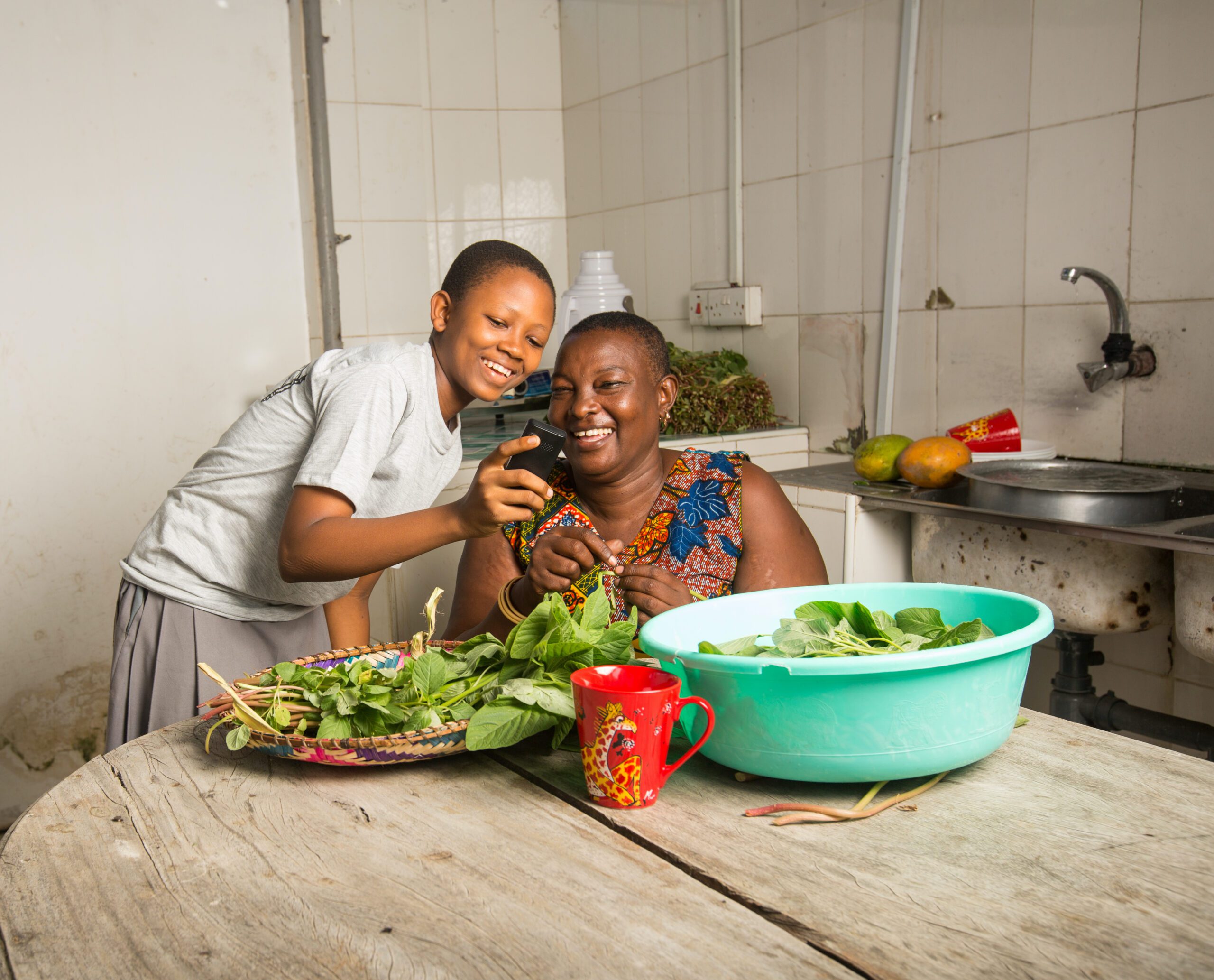Kenya 
Earning Trust as Funders Is Crucial for Sustainable and Equitable Impact
Q&A with Atti Worku, African Visionary Fund & Teresa Mbagaya, Imaginable Futures

Kenya 
Q&A with Atti Worku, African Visionary Fund & Teresa Mbagaya, Imaginable Futures

“Trust-based philanthropy” is a phrase that has attracted a lot of buzz lately among funders. For Atti Worku, cultivating “trust-based relationships” is at the heart of trust-based philanthropy, and is core to the African Visionary Fund, an organization founded in 2020.
While we know that local leaders and organizations are best suited for leading solutions in their own communities, they are, unfortunately, chronically and systemically least funded. The latest available data shows that only 5.2% of grant dollars directed to Sub-Saharan Africa from US foundations go to local organizations. And across East African nations, only 10% of funding for startups are granted to local founders.
Unnerved by what she saw in her longtime career in the social sector space, Atti was motivated to make a difference. She joined the AVFund as co-CEO alongside Katie Bunten-Wamaru to reimagine what philanthropy could look like—starting with who gets funded. AVFund’s work focuses on raising capital from international donors to support African-founded, African-based, and African led organizations; and they also work closely with their grantees, whom they call “African Visionary Partners,” to support, advocate for, and co-design their programs with them.
IF’s Teresa Mbagaya recently had a conversation with Atti to learn more about African Visionary Fund’s mission. At the heart of the conversation was how funders can embed trust-based, adaptive practices, influence where capital is deployed, and how power is shared. In the text below, we share highlights of that conversation, which can be fully viewed here.
AVFund: At the African Visionary Fund, our mission is to drive more funding to African leaders to accelerate their impact. Our model is laser focused on shifting capital and decision-making power to African organizations through an integrated model of finding, funding and amplifying the impact of proximate African organizations and advocating for systemic changes in the philanthropic sector. We really think that the money we move is important, but also advocacy, given there’s more money that moves to the continent that needs to have changed practices.
AVFund: The data is very clear that African-led organizations are chronically underfunded. And, the power to change that lands in the hands of funders. Funders are the ones to make decisions on where and who they fund. There is room to change how they fund by looking into their processes and systems. It’s really about providing unrestricted grants to local organizations, and how that unlocks this exponential impact in growth, because organizations have the freedom to decide on what to invest in, how to solve the problems that they are experts to solve in their communities, and how to move their organizations forward.
AVFund: For me, trust-based philanthropy starts with trust-based relationships, and you have to earn trust. As funders, I believe that it is our responsibility to earn trust from the partners that we work with so that we can have a two-way trust-based relationship. Being a trust-based funder is really a continuous practice and not a destination. I would encourage everyone to read this great article by Shaady Salehi that perfectly captures some of the qualities of trust-based philanthropy.
At its core, trust-based philanthropy really is:
During the conversation, Atti also shared an inspirational example of local partners coming together in times of crisis. A few months ago, Cyclone Freddy caused widespread devastation in Southern Africa. None of the organizations that the AVFund works with in Malawi do relief work on a daily basis, but given the situation they were in, they sprang into action to serve their communities. The AVFund created a WhatsApp group to connect its Malawi-based portfolio partners for collaboration in their efforts to deliver disaster relief. “It was incredibly inspiring to experience people coordinating to meet up and drop off supplies,” Atti shared with us. “The beauty of local organizations is the proximity and the knowledge they have of their community… they’re so much better positioned to deal with some of these challenges.”
Learn more: We believe that a partnership between Imaginable Futures and African Visionary Fund will help to accelerate their unrestricted funding support of proximate leaders, and we hope that it will increase interest and commitment from the funding community towards localization and trust-based philanthropy. Moreover, we believe the AVFund will serve as a much needed critical advocacy lever, given their role as an equity leader, collaborator, and convener on issues of equity in Africa.
In late January, the African Visionary Fund announced their fourth cohort, and have now made a $8.2 million commitment to 35 partners in their portfolio. Their work is multisectoral and cuts across issue areas including education, health, equity, human rights, livelihoods, climate justice and more. Listen to the full conversation to learn about Atti’s journey and her inspiration for leading the AVFund, and hear IF’s Teresa share what motivates her and inspires her in this work.
The beauty of local organizations is the proximity and the knowledge they have of their community… they’re so much better positioned to deal with some of these challenges.
Atti Worku, Co-CEO, African Visionary Fund